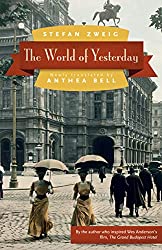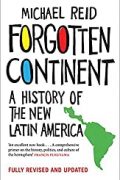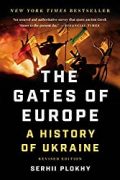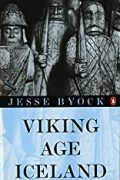
Rating: 7.9/10.
Autobiographical memoir by Austrian-Jewish writer Stefan Zweig, who lived through many important historical events in the first half of the 20th century. This book was written shortly before he committed suicide in 1942, feeling that Europe had declined irrecoverably and after living through two endless wars.
The memoir starts with the author’s childhood in the late 19th century: this period was characterized by stability. The world of his father was the same as the world of his grandfather, everything was predictable, and Vienna became a center of culture in Austria. School was structured in a tedious and rote-learning sort of way, but he and other aspiring youths gathered in coffeehouses to discuss literature, philosophy, and art. Society had excessively puritan views on sexuality that was at odds with biological reality, sometimes with humorous outcomes.
The author achieved literary success from a fairly young age, first publishing poems in a prestigious venue. He travels around Europe while writing novels and plays and translating from foreign languages, and describes how life was different in cities like Paris, Berlin, London, New York, etc. He becomes friends with many famous writers and artists like Rilke, Rodin, Herzl, Van der Stoppen, etc, who are often quite different in person from their published work.
Things took a turn for the worse when WW1 broke out. In the months leading up to it, the atmosphere was already tense with ordinary people getting emotional about foreign rulers. During the initial phase of the war, people were excited to go to war, having not yet realized its horrible reality. This was the result of propaganda. As a writer, Zweig tried his best to advocate for friendship between nations, pointing out their cultural commonalities. He stayed in neutral Switzerland to wait out the war with other intellectuals, but their writing could not easily reach the outside world due to censorship.
After WW1 ended, Zweig returned to a war-torn Austria where the people lived in poverty. He describes the effects of hyperinflation creating a world where nothing made sense anymore: peasants coming from foreign countries getting to stay in Vienna’s most luxurious hotels, buying up streets of houses for a pittance, Germans taking a train across the border to drink cheap beer, etc. For a brief time, conditions improved, but during visits to other countries, the author again senses a rise in nationalism and that things were about to get worse again.
Hitler rose to power slowly, and gradually the Nazis took away civil liberties (especially for Jewish people). The author decided to leave the country after the Nazis randomly searched his house in 1934. He wasn’t there to experience most of it, but every time he went back to Austria, he remarked how the increased level of restrictions made it feel like a different country. In contrast to WW1, Britain this time was not eager to go to war, and Chamberlain was willing to continue the peace at any cost. The book ends with the Nazi invasion of Poland, for the author did not live to see the end of WW2.
Overall, Zweig did a good job of capturing what it was like to live through these historic times. Life on the ground was often quite different from what’s written in history books: many historical events barely registered as significant when it happened, and their true importance not realized until much later. The author had a keen sense of danger and in both wars, he got out before things got really bad. One drawback I didn’t like was his rather meandering writing style, switching topics often to talk about his work or his literary friends. They are, for the most part, names of poets and writers that I’ve never heard of, so I didn’t get much out of these sections.



